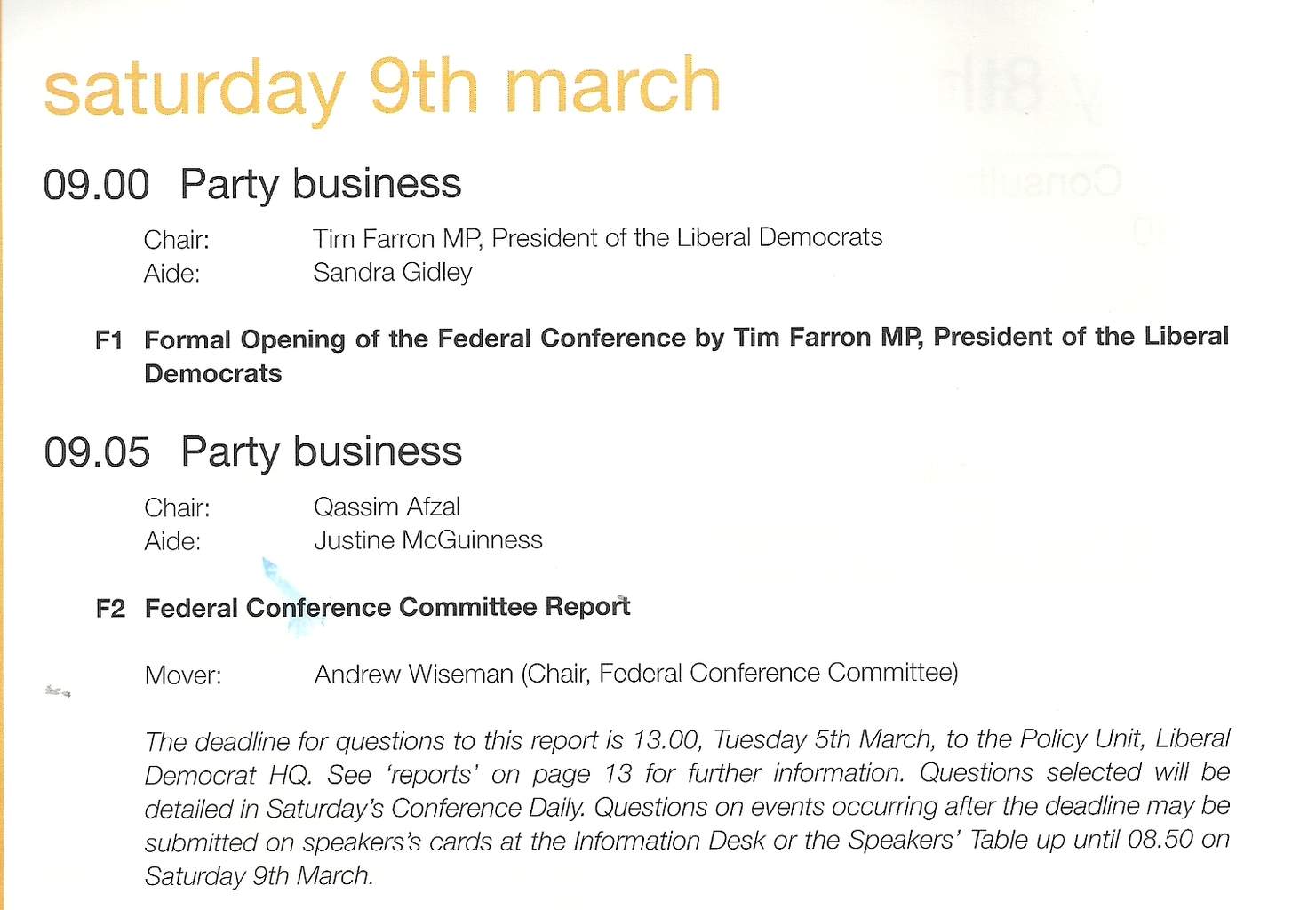This morning I got a grumpy email from the Social Liberal Forum, a left-inclined pressure group within the Liberal Democrats. It complained about the apparent support the party is giving to the Conservative policy of aiming for a balanced budget, and so a continuing diet of austerity. It criticised this idea for being economically illiterate. It went on that the policy was
Cold comfort … to the people having to choose between heating their homes and eating this Winter, to those forced to go to foodbanks to feed themselves and their children, to families struggling with the cost of living crisis
They also criticised the party leadership aiming at a “mythical place known as “the Centre ground””, and of being closer to the Conservatives than Labour.
All this illustrates the disarray on the British left on economic policy following the unexpected turn for the better the economy has taken. Previously the left could unite around the proposition that the government’s austerity policy was “too far, too fast”, causing hardship amongst society’s least well off. They took immense comfort from the support of many Keynesian economic heavyweights, who said that, in the absence of growth, the state should disregard the government deficit and stimulate the economy to get it moving – or at least stop making the situation worse through cuts. Hence the government’s supporters being “economically illiterate”. Yes they said, the government should tackle the deficit, but not until growth has been restored.
Though some might not realise it, that fox has been shot by the economic upturn. It isn’t that those economists were wrong, or that “too far, too fast” did not have economic validity at the time; it is that circumstances have changed. If the economy is growing, it is not a good idea to add further stimulus to it. And the “later” when the government should start to tackle the deficit issue has started to arrive. The awkward question that much government expenditure before the crisis was unsustainable, and would have to be cut in due course, cannot now be dodged.
In response the Labour party has changed the subject. Instead it is focusing on a “cost of living crisis” which they blame on badly behaving businesses, from energy companies to house builders. They are proposing a series of populist but economically naïve policies to change these companies’ behaviour. They appear to have no macroeconomic strategy, and the Shadow Chancellor, Ed Balls, is conspicuously floundering.
Politically, Labour’s strategy is interesting. Instead of following political conventional wisdom by chasing voters who float between the main parties (which is what is meant by the “Centre ground”) they seem to be chasing left-inclined or working class voters who will never vote Conservative, but who do not currently vote at all. Centrist voters are worried about the management of the economy, and seem to think that the Conservatives have the stronger case on that front. Instead of trying to reassure these voters by making it clear that they would continue with austerity policies to bring the deficit under control, they are chasing other voters.
What is even more interesting is that the Conservatives are also showing little interest in the Centre. Centre voters are worried about “fairness”, and the state of public services, where they trust Labour more. But instead of doing much to reassure voters here, they are stirring up headlines on immigration and the European Union, where they are proposing policies that are just as economically naïve as Labour’s. Again, quite apart from fighting off the populist challenge presented by Ukip, they seem so be after right inclined people who are not voting, but would never vote Labour if they did.
So if there is no serious contest for the Centre, and if both of the two bigger main parties are pursuing populist but foolish policies, there is surely an opportunity for the Liberal Democrats. Nick Clegg, their leader, is right to make a bid for this, which his party is doing with its “Stronger Economy, Fairer Society” slogan, which epitomises the centre ground. The critics within the party of this strategy are right to point out that this is not ideological secure space, and will do little to built the party’s weak core vote. But if the party is to hang on to its representation in Parliament it will need the support of floating voters.
And so to economic policy. George Osborne, the Conservative Chancellor, is wrong to make a fetish of budget balance – and perhaps deserves to be called economically illiterate to do so. But it is economically sensible to manage the public’s expectations on what the state can afford. It may be that some economists are right, and that a “trend rate” of economic growth of 2-3% per annum is there for the taking in the medium to long term, as everybody seemed to think before 2007. But there are good reasons to suppose that they are wrong, and that much slower growth is “the new normal”, once a bit of catch-up growth is over. If so we will have to get used to a much smaller state and a less generous benefit system. Floating voters sense this, and will not vote for the Liberal Democrats if they think that they might help the Labour party take risks by reversing austerity. Nick Clegg may or may not be economically illiterate, but he is surely right on that one.
